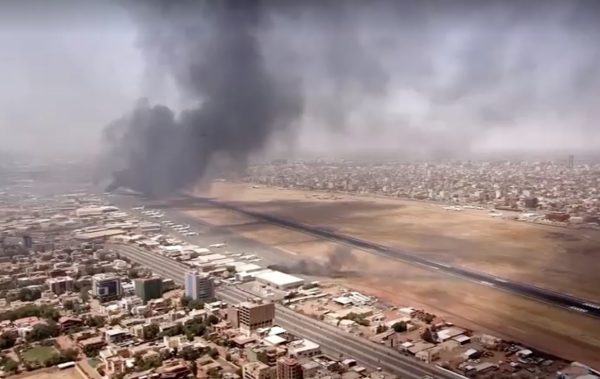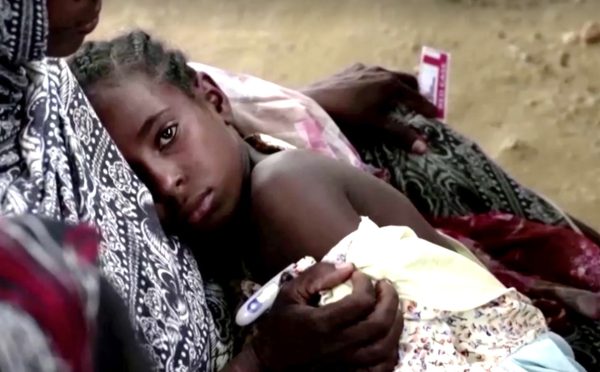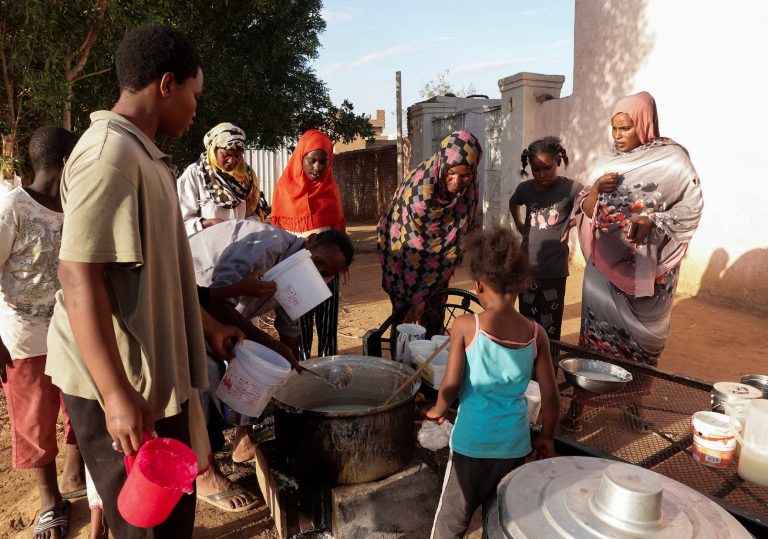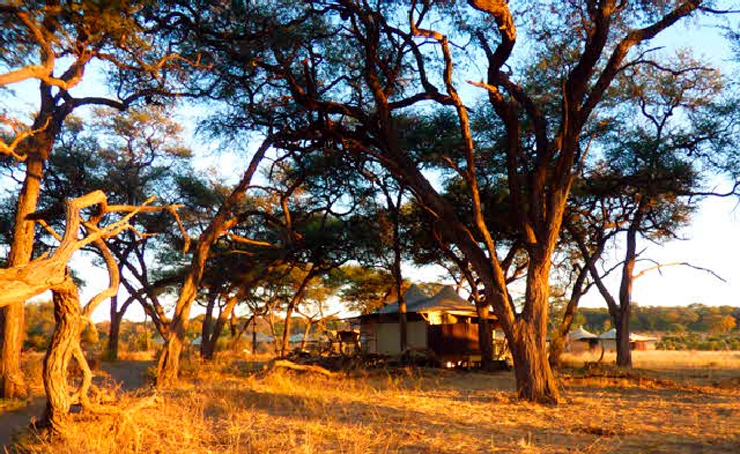The civil war in Sudan has been raging for over a year now, having begun on April 15, 2023.
Since then, the regions of Darfur, Kordofan, Gezira, and Khartoum — the last being the northeastern African country’s capital — have been the sites of fighting, which since the start of the conflict has killed around 15,000 people.
In addition, 8 million people have been injured and another 8 million out of the country’s population of nearly 50 million have been displaced. Two million of the refugees have fled to other countries, mostly Sudan’s neighbors.
The United Nations considers it the worst displacement crisis in the world today. Meanwhile, the Famine Early Warning Network predicts famine in West Darfur, Khartoum, and Greater Darfur.
- (2023) User Error Misdirects Thousands of US Military Emails to Africa’s Mali
- (2021) Beijing Spreads Its Communist Model in Africa With Massive Digital Infrastructure


“Health services have collapsed, hospitals have failed, medicines have run out, and factories, laboratories, and public institutions have been destroyed,” reports Kurdistan 24.
Success
You are now signed up for our newsletter
Success
Check your email to complete sign up
The civil war is being fought between primarily the Sudanese Armed Forces, led by commander Abdel Fattah al-Burhan, and a paramilitary group called the Rapid Support Forces (RSF), headed by militia leader Mohamed Hamdan Dagalo, or simply Hemedti.
The army and RSF had been in a fragile partnership after toppling a civilian government in an October 2021 coup, a move that derailed a transition from the rule of Islamist autocrat Omar al-Bashir, who was ousted amid a popular uprising in 2019.
The rivalry between the two sides — as well as between al-Burhan and Hemedti personally — burst into the open over an internationally backed plan that would have launched a new transition with civilian parties and was due to be sealed just before the war broke out.
Both the army and the RSF were required to cede power under the plan and two issues proved especially contentious. One was the timetable for the RSF to be integrated into the regular armed forces. A second was the chain of command between the army and RSF leaders and the question of civilian oversight.


The Sudanese military controls most of the northern and eastern part of the country, while the RSF and other groups are dominant in the south. Their territory converges at the capital Khartoum, which remains contested.
The U.N.’s Food and Agriculture Organization of the United Nations reports that Sudan’s national grain production has dropped by 40 percent due to the war, inflating prices threefold.
According to the humanitarian group Save the Children, 2.9 million Sudanese children are malnourished. One hundred thousand will be at risk of dehydration, hypothermia, and hypoglycemia going into the summer; another 222,000 and over 7,000 pregnant women are at risk of death from various conditions.
Reuters contributed to this report.













